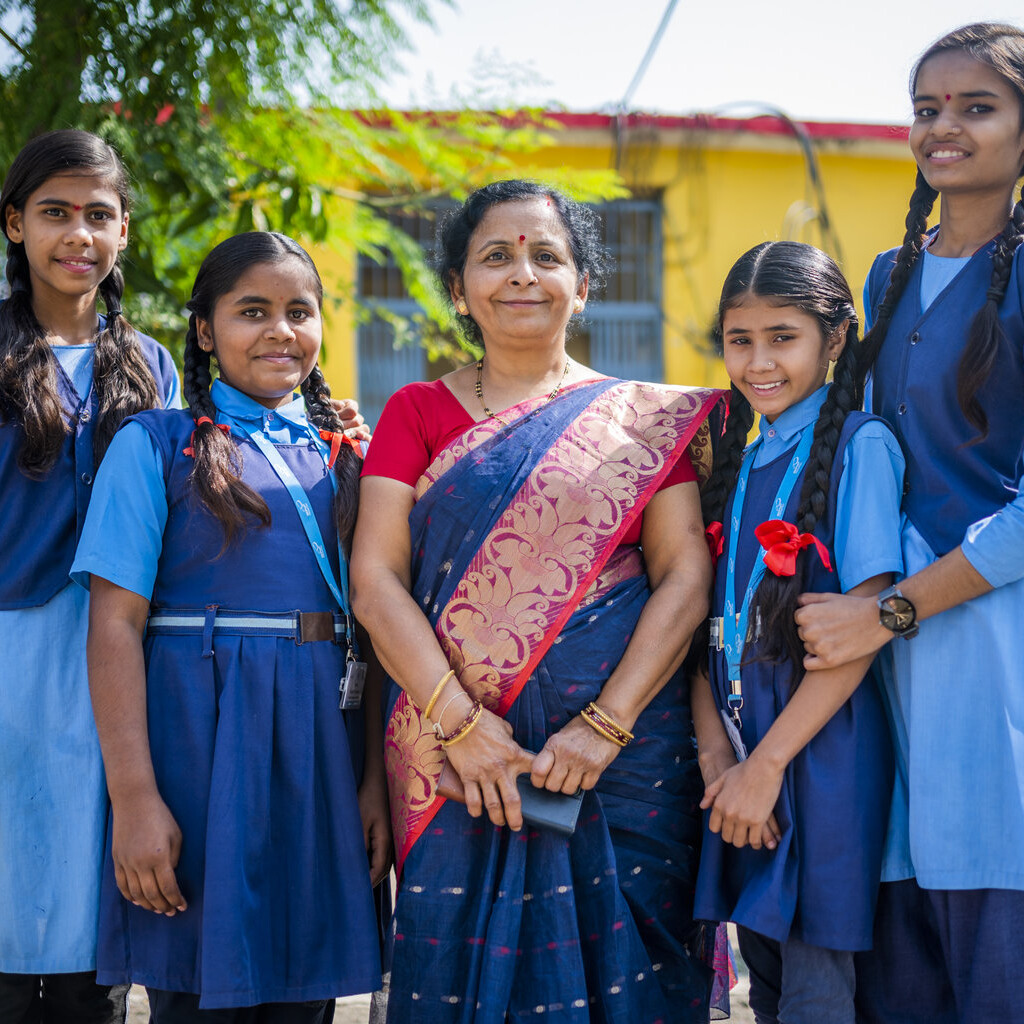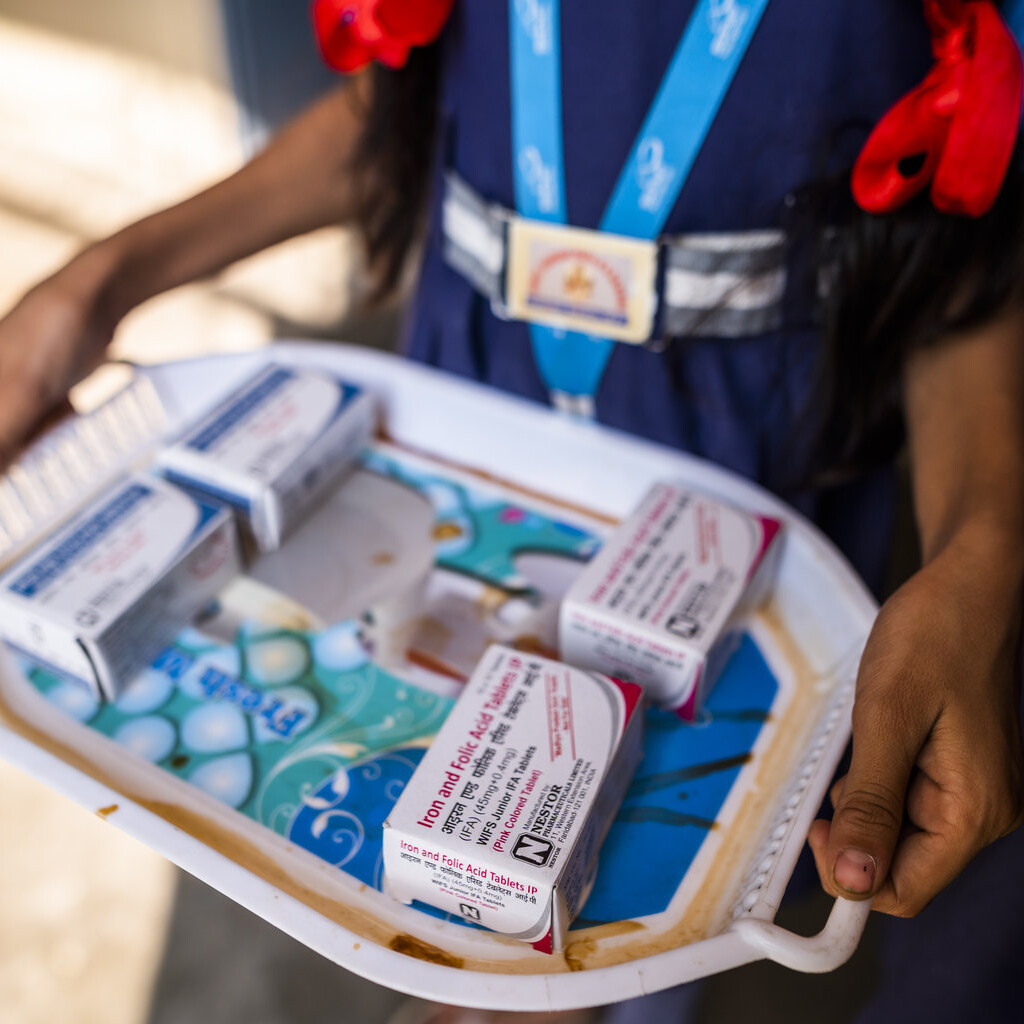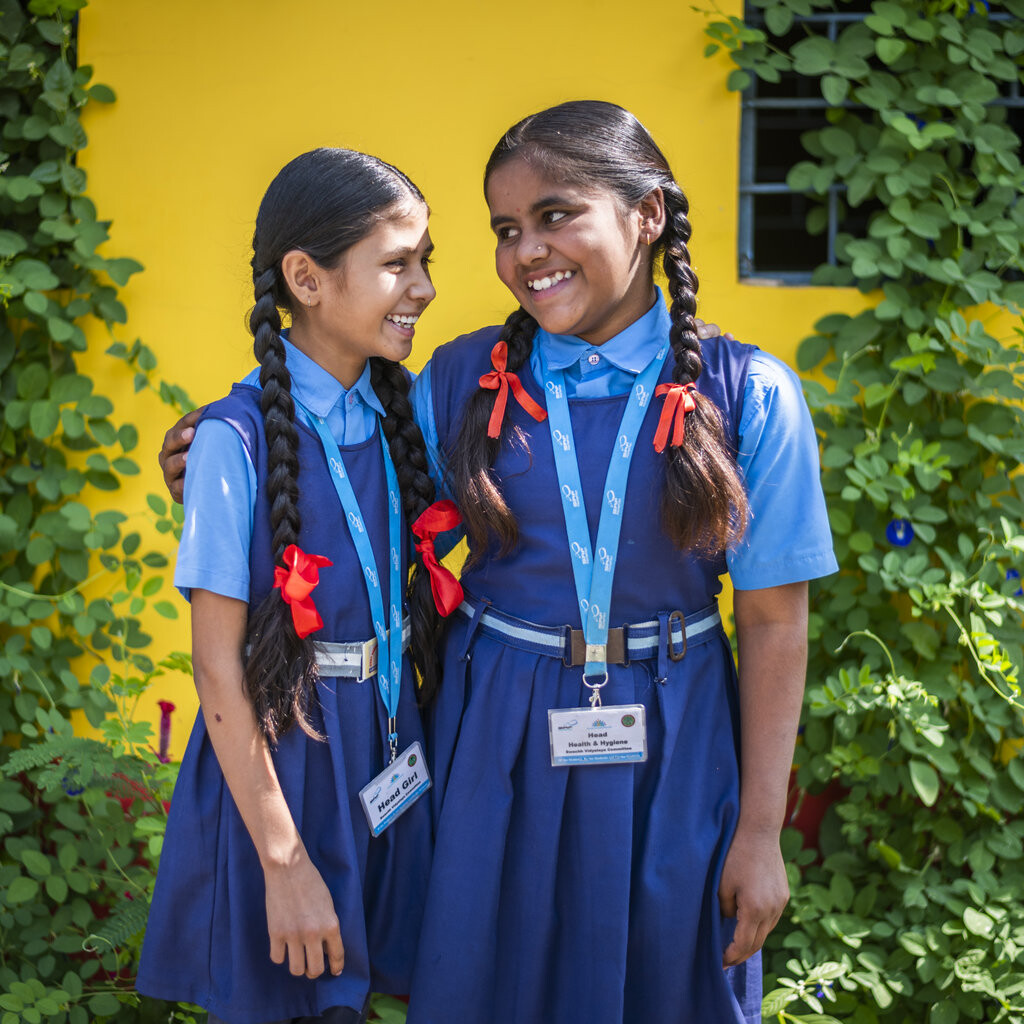Through gender-responsive health and nutrition education delivered through school curriculums, peer youth groups and community-based and digital platforms, we empower adolescents to understand their own growth, development and potential to benefit from improved nutrition. With Nutrition International’s support, over 2.9 million adolescent girls received the full scheme of WIFA supplements in 2022, a figure nearly three times greater than the previous year’s reach, signaling a substantial increase in school attendance as countries continue their recovery from COVID-19 related closures.
As a key partner to the African Union during the Year of Nutrition, we provided technical and financial support to the development of the East Central and Southern Africa Health Community (ECSA-HC) Adolescent and Nutrition Advocacy and Communications Strategy that aims to reduce anaemia, increase programming and improve adolescent nutrition among its member states. Furthering our efforts, we launched She’ll Grow Into It, an advocacy campaign that calls for the prioritization of adolescent nutrition and inclusion of adolescent voices among African Union member states.
At the global, regional and national levels, we have been collaborating with partners to highlight the data gaps for decision makers to allow them to better understand the current health and nutrition needs of adolescents. In our effort to shape the market for the availability of WIFAS, we submitted the application of WIFAS in the formulation of 60mg of elemental iron and 2.8mg folic acid for consideration by the 24th Meeting of the WHO Expert Committee on Selection and Use of Essential Medicines in April 2023.
Our programs will continue to use nutrition as an entry point to address gender equality issues — including early marriage, adolescent pregnancy, menstrual health barriers and harmful social norms — that hold girls back from access to school and participating fully in communities.


